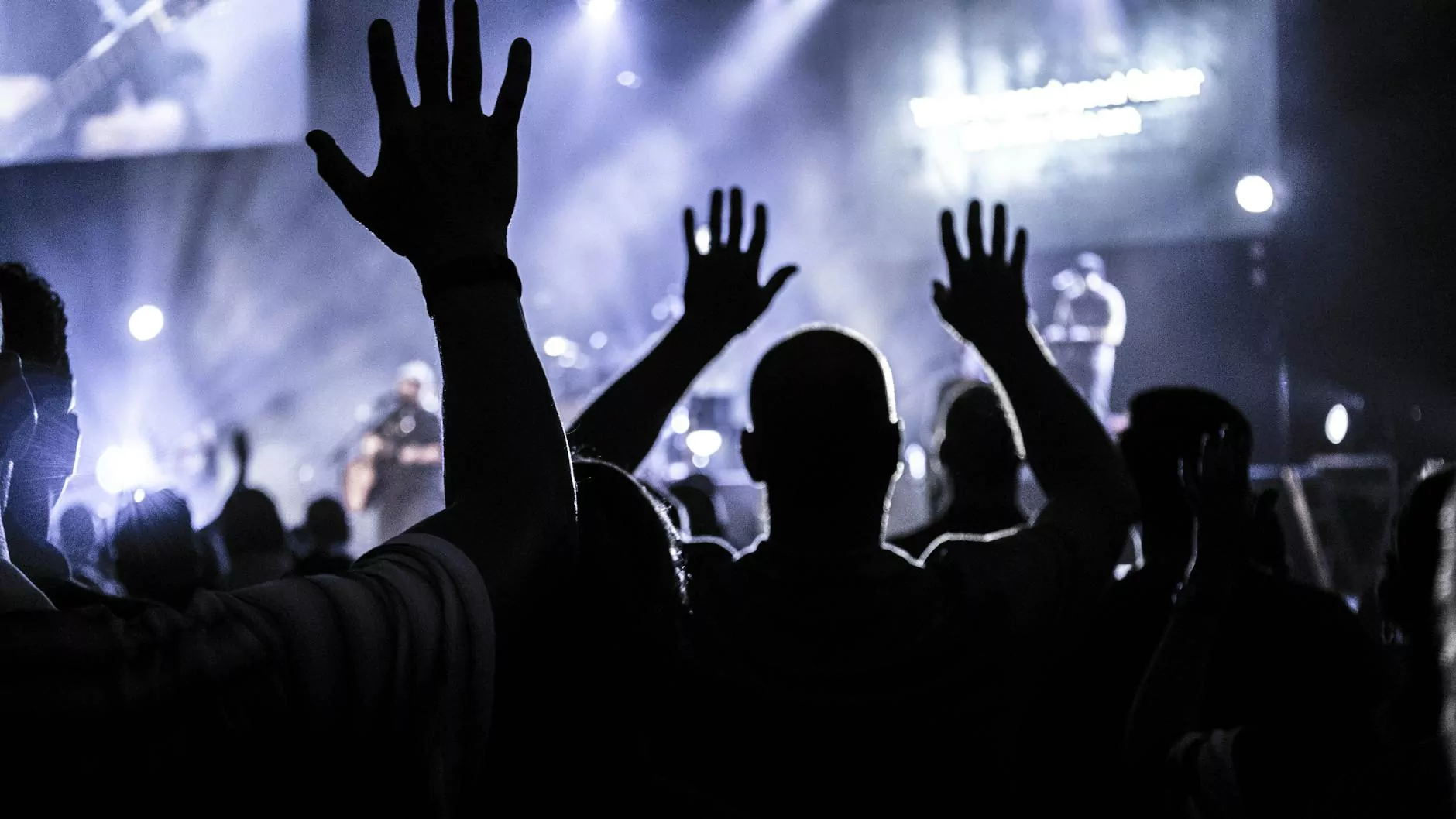The Power and Purpose of the Black Church

The Black Church has been a cornerstone of African American culture and a beacon of hope and empowerment for centuries. It embodies more than just a space for spiritual worship; it’s a dynamic institution that plays a crucial role in community-building, social justice, and cultural preservation. In this article, we will explore the multifaceted contributions of the Black Church and its lasting impact on society.
The Historical Roots of the Black Church
The history of the Black Church dates back to the enslavement period when African Americans created their own religious practices to endure the harsh realities of oppression. These early congregations served as sanctuaries where individuals could worship freely and express their spirituality in ways that were often forbidden by their enslavers. Over time, these gatherings evolved into organized religious institutions, laying the groundwork for a rich and complex tradition.
Key Historical Milestones
- The First African Baptist Church (1773) - Established in Savannah, Georgia, this was among the first Black congregations in America.
- The AME Church Formation (1816) - Founded by Richard Allen, it became a significant movement advocating for the rights of Black Christians.
- The Civil Rights Movement (1950s-1960s) - The Black Church played a pivotal role in this era, leading protests and empowering activists through its influence.
The Role of the Black Church in Community Development
Beyond spiritual guidance, the Black Church has a profound impact on community development. It serves as a hub for various initiatives that promote social welfare and uplift individuals. Here’s how:
1. Educational Opportunities
The Black Church historically prioritizes education, providing tutoring, scholarships, and resources for individuals striving for academic success. Many churches have established learning centers that offer free workshops and classes, imparting crucial skills to community members.
2. Health Initiatives
Many Black Churches are actively involved in promoting health awareness and providing access to healthcare services. They host health fairs, offer screenings, and educate members about health disparities prevalent in the African American community, encouraging preventive care and well-being.
3. Economic Empowerment
Through various outreach programs, the Black Church fosters economic development by supporting small businesses and providing financial literacy workshops. These initiatives empower individuals and families, instilling a sense of financial responsibility and independence.
Community Service: A Testament to Faith
At the heart of the Black Church is its commitment to service. This dedication stems from the belief that faith must manifest through actions that benefit the wider community. Various church-led programs exemplify this commitment:
1. Food Distribution Programs
The Black Church frequently organizes food banks and feeding programs to combat food insecurity within their communities. These programs strive not only to feed the hungry but to foster a spirit of compassion and solidarity among members.
2. Mentorship and Youth Programs
Recognizing the importance of guiding the next generation, many Black Churches implement mentorship programs that pair young people with positive role models, providing not just support but also opportunities for leadership development.
3. Advocacy for Social Justice
The Black Church often takes a stand on pressing social issues, advocating for equality and justice. Many clergy and lay leaders mobilize their congregations to participate in demonstrations, voter registration drives, and activism—underscoring the church’s role as a moral compass in society.
Spiritual Significance and Cultural Heritage
The spiritual significance of the Black Church extends beyond the confines of a Sunday service. It is a place where the culture of the African diaspora is celebrated through soulful worship, music, and community rituals. Here are some vital aspects:
1. Music and Worship
Music is a fundamental component of the Black Church, with gospel music serving as a powerful medium for expressing faith and community identity. The rich traditions of hymn singing, choir performances, and drum circles cultivate a spiritual atmosphere that inspires devotion and unity.
2. Cultural Preservation
The Black Church plays a crucial role in preserving African American history and culture, passing down stories, traditions, and values through generations. Events like Black History Month celebrations and annual cultural festivals are vital in educating both young and old about their heritage.
3. Rituals and Community Bonds
Special rituals, such as baptism, communion, and even church anniversaries, function as occasions for community bonding and reinforcement of shared beliefs, creating a supportive network that extends beyond geographical boundaries.
Challenges Facing the Black Church Today
1. Declining Membership
Like many religious institutions, the Black Church has experienced a decline in membership, particularly among younger generations. This shift raises questions about the relevance of traditional practices in modern society and necessitates innovation in outreach efforts.
2. Addressing Social Issues
As social issues such as racism, poverty, and inequality continue to persist, the Black Church must navigate how best to advocate for justice while retaining its spiritual mission. This dual obligation can often create tension within congregations.
3. Maintaining Leadership
The challenge of cultivating effective leaders who are equipped to handle contemporary issues is paramount. Training new leaders who can engage with both the spiritual and practical needs of the community is crucial for the sustainability of the Black Church.
The Future of the Black Church
Looking ahead, the Black Church has the potential to remain a powerful force for good in society. Embracing technology, fostering intergenerational connections, and tackling contemporary issues will ensure that it continues to fulfill its divine mandate to love, uplift, and serve.
1. Embracing Technology
The increasing role of technology in our lives presents a unique opportunity for the Black Church to expand its reach. By utilizing social media, online services, and digital platforms, churches can engage with younger audiences and foster a sense of community even among those who cannot attend in person.
2. Intergenerational Approaches
To bridge the gap between generations, the Black Church can implement intergenerational programs that encourage dialogue, learning, and collaboration. By valuing the wisdom of elders while empowering youth, these initiatives can create a thriving community rooted in shared values.
3. Addressing Contemporary Issues
The Black Church has a vital role in engaging with contemporary social issues, from environmental justice to mental health awareness. By addressing these modern challenges head-on, the church can position itself as a relevant and essential institution for all community members.
Conclusion
In summary, the Black Church is a profound institution that embodies the resilience, hope, and strength of the African American community. From its historical roots to its present-day initiatives, it serves not only as a place of worship but as a vital source of support, education, and advocacy. As it navigates the complexities of modern society, the Black Church can continue to uplift, empower, and unite individuals in faith and service, ensuring that its legacy endures for generations to come.









